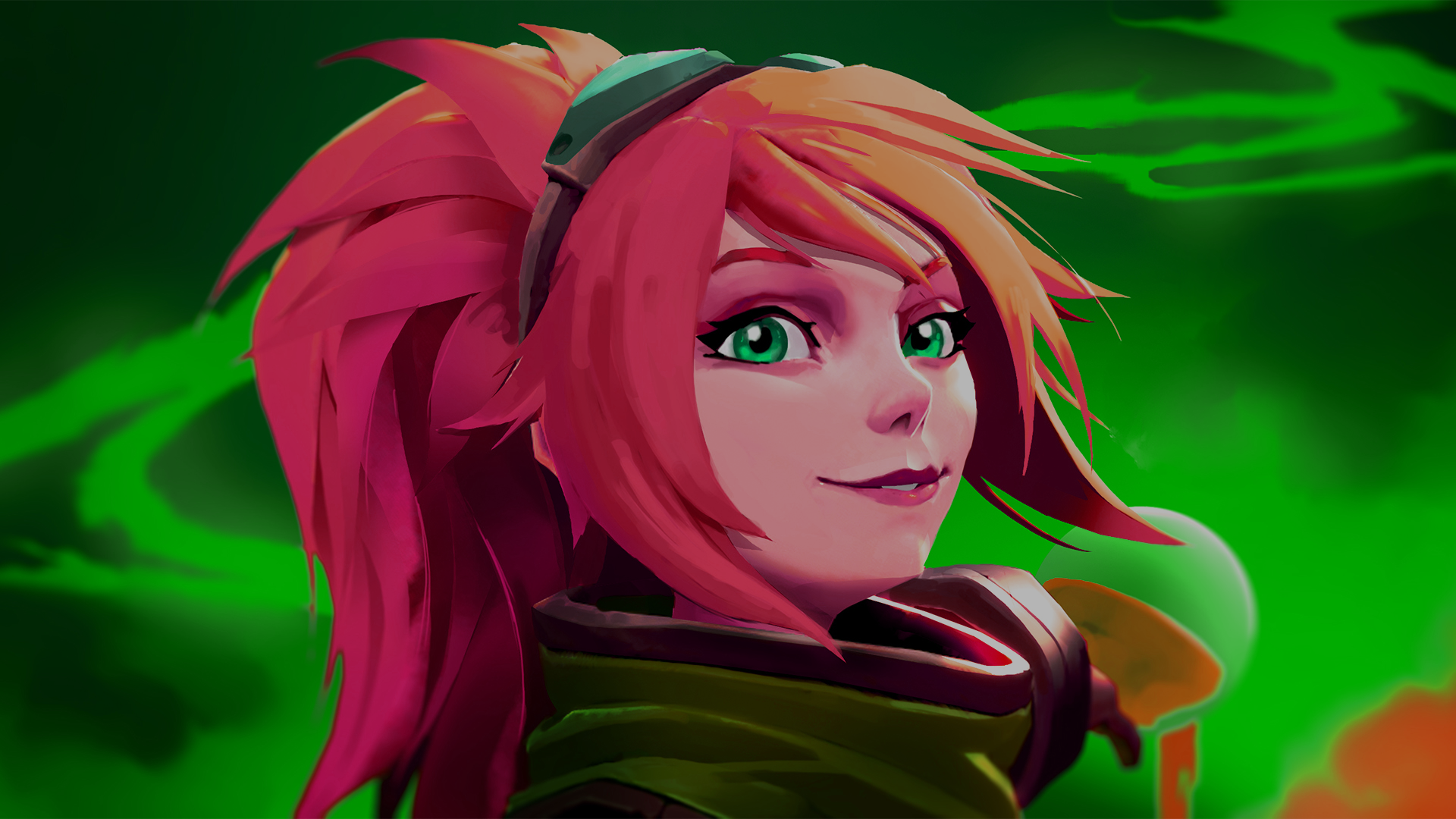2
“shouldn’t this have been published a few months ago?” yeah, probably. I even considered submitting it to the AoC contest. time is a real beast.
The title is clickbait. I did not design and implement a programming language for the sole or even primary purpose of leaderboarding on Advent of Code. It just turned out that the programming language I was working on fit the task remarkably well.
I can’t name just a single reason I started work on my language, Noulith, back in July 2022, but I think the biggest one was even more absurdly niche: I solve and write a lot of puzzlehunts, and I wanted a better programming language to use to search word lists for words satisfying unusual constraints, such as, “Find all ten-letter words that contain each of the letters A, B, and C exactly once and that have the ninth letter K.”1 I have a folder of ten-line scripts of this kind, mostly Python, and I thought there was surely a better way to do this. Not necessarily faster — there is obviously no way I could save time on net by optimizing this process. But, for example, I wanted to be able to easily share these programs such that others could run them. I had a positive experience in this with my slightly older golflang Paradoc, which I had compiled into a WASM blob and put online and, just once, experienced the convenience of sharing a short text processing program through a link. (Puzzle: what does this program do?) I also wanted to write and run these programs while booted into a different operating system, using a different computer, or just on my phone.
As I worked on it, I kept accumulating reasons to keep going. There were other contexts where I wanted to quickly code a combinatorial brute force that was annoying to write in other languages; a glib phrasing is that I wanted access to Haskell’s list monad in a sloppier language. I also wanted an excuse to read Crafting Interpreters more thoroughly. But sometimes I think the best characterization for what developing the language “felt like” was that I had been possessed by a supernatural creature — say, the dragon from the Dragon Book. I spent every spare minute thinking about language features and next implementation steps, because I had to.
The first “real program” I wrote in Noulith was to brute force constructions for The Cube, for last year’s Galactic Puzzle Hunt in early August, and it worked unexpectedly well. I wrote a for loop with a 53-clause iteratee and the interpreter executed it smoothly. Eventually I realized that the language could expand into other niches in my life where I wanted a scripting language. For example, I did a few Cryptopals challenges in them. It would take a month or two before it dawned on me that the same compulsion that drove me to create this language would drive me to do Advent of Code in it. That’s just how it has to be.
This post details my thought process behind the design of this language. Some preliminary notes:


I would have liked to see a nice clear example at the top to help me decide if I really want to read about the language.
EDIT: First sample:
day := 1; import "advent-prelude.noul"; puzzle_input := advent_input(); submit! 1, puzzle_input split "\n\n" map ints map sum then max; submit! 2, puzzle_input split "\n\n" map ints map sum then sort then (_[-3:]) then sum;Looks not too different from what you might do in Factor:
: totals ( -- seq ) puzzle-input "\n\n" split-subseq [ split-lines [ string>number ] map-sum ] map ; : part1 ( -- ) totals supremum . ; : part2 ( -- ) totals sort 3 tail* sum . ;